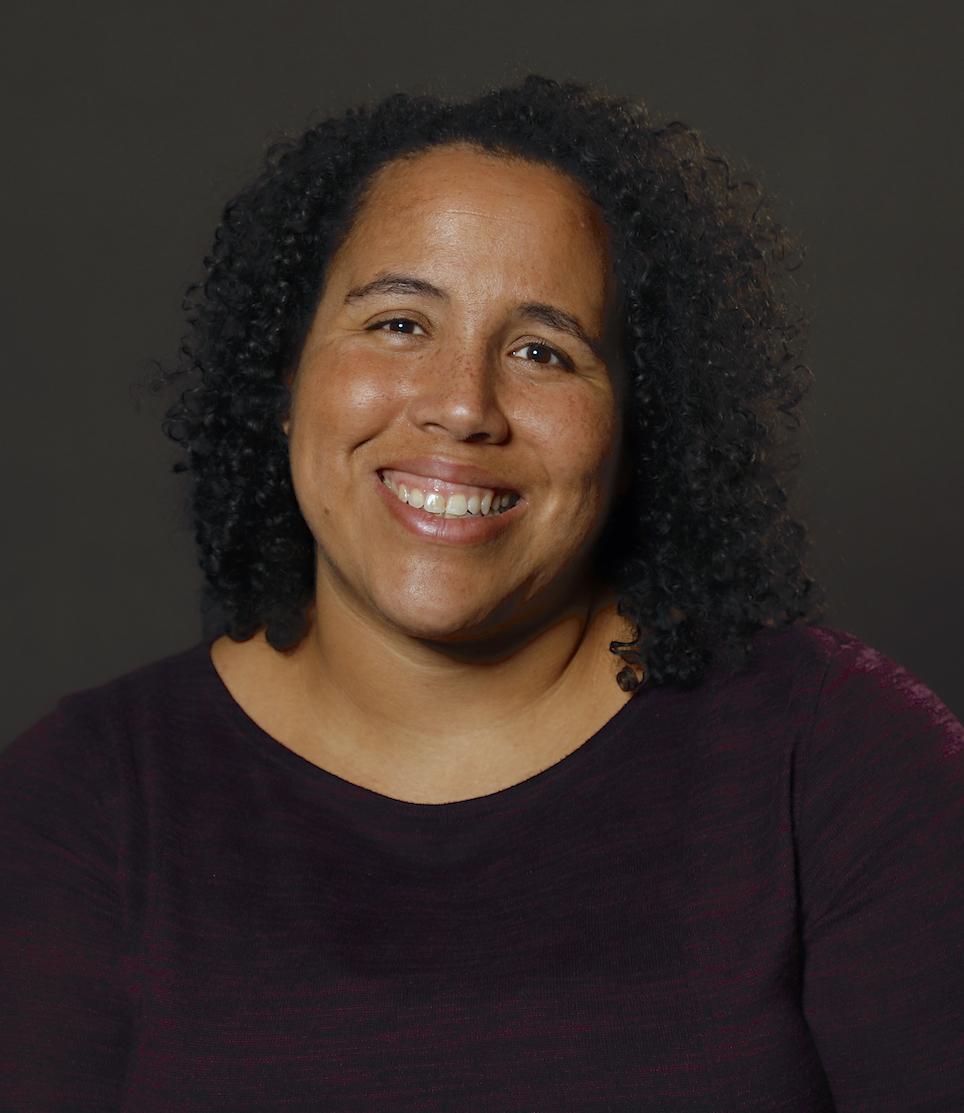
The state should work to appoint an exceptional Oregon Health Authority director, given its unwavering and bipartisan commitment to healthcare innovation and expansion that spans three decades. The state has consistently voted to protect healthcare for every Oregonian, recognizing it as a fundamental right. Since the 1990s, Oregon has been a pioneer in healthcare transformation, introducing groundbreaking initiatives like the Oregon Health Plan, Health Evidence Review Commission, and coordinated care organizations. These visionary programs have led to 95% healthcare coverage in the state and set the path for system transformation.

The role of the Oregon Health Authority director is not an ordinary administrative position. It presents an extraordinary opportunity to shape the health and well-being of every person in the state. Oregon believes that Black Lives Matter, we know abortion services are basic healthcare, we protect the rights of our transgender community and base decisions on science and evidence. The director of the Oregon Health Authority has the responsibility of leading the transformation for six million Oregonians in line with these values.
The successful director must thrive in a dynamic environment, leading programs aimed at reducing healthcare costs, expanding access and holding the healthcare industry accountable for decreasing disparities and improving overall health. Additionally, the director will play a crucial role in transforming the struggling behavioral health system, ensuring comprehensive care for all Oregonians.
The director must embrace change and overcome challenges, understanding that tackling significant issues and dismantling obstacles is essential for a healthier Oregon. And they have to do that in partnership with other state agencies, the community and our federal government. Recognizing government as a tool for problem-solving is key, as it has the potential to make a profound difference in people’s lives.
Oregon deserves a visionary leader who believes that affordable and high-quality healthcare is a right and knows that implementation is what really transforms the lives of individuals and can inspire and lead a team to meet the needs of Oregonians. The director should be motivated by the genuine desire to positively impact the well-being of every Oregonian, moving beyond bureaucratic considerations.
Though challenging, the opportunity to become the Oregon Health Authority director is a profound and rewarding opportunity.
Oregon needs a leader who is ready to embrace this transformative journey, understanding the privilege of guiding the health of an entire state, and committed to making Oregon a model of equitable healthcare for the entire nation.
Felisa Hagins is the executive director of the Service Employees International Union Oregon State Council. She also serves on a Co-Imagine Oregon board focused on healthcare quality and co-chairs Oregon’s Sustainable Cost Growth Advisory Committee. Formerly she served on the Oregon Health Policy Board and the Eligibility and Enrollment Committee for the Oregon Health Fund Board.

While this opinion highlights the need for an exceptional and visionary leader for the Oregon Health Authority, it fails to address a critical underlying issue: the hierarchical and authoritative structure of the system itself. The focus on finding a charismatic leader to lead the transformation overlooks the fundamental problem that lies within the organization's power dynamics.
A hierarchical system inherently perpetuates power imbalances and hinders meaningful progress. Merely appointing a visionary leader won't be sufficient to address the root cause of the issue. The existing system's rigidity and top-down decision-making might stifle innovation and suppress the input and creativity of other stakeholders.
To truly transform the healthcare landscape in Oregon, it is imperative to challenge and reevaluate the hierarchical structure of the authority. Instead of relying solely on a single visionary leader, a more collaborative and inclusive approach should be pursued, involving various stakeholders, healthcare professionals, community members, and experts. This way, a diverse range of perspectives and ideas can be incorporated, fostering a more comprehensive and effective solution.
Additionally, breaking away from the authoritative model may require examining the existing power dynamics and finding ways to empower those at different levels of the organization. Promoting transparency, open communication, and shared decision-making can help decentralize power and create a more equitable work environment.
Ultimately, while a visionary leader can bring fresh ideas and inspiration, the core issue lies in the hierarchical oppressive system itself. Addressing this challenge is crucial to achieving a transformative and sustainable healthcare system that truly serves the needs of all Oregonians.